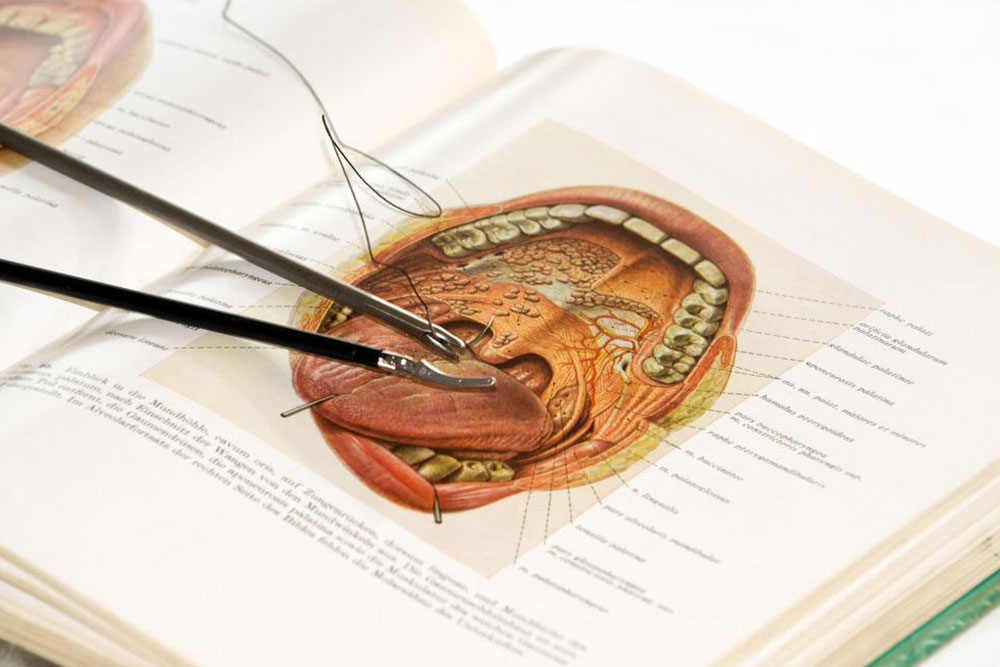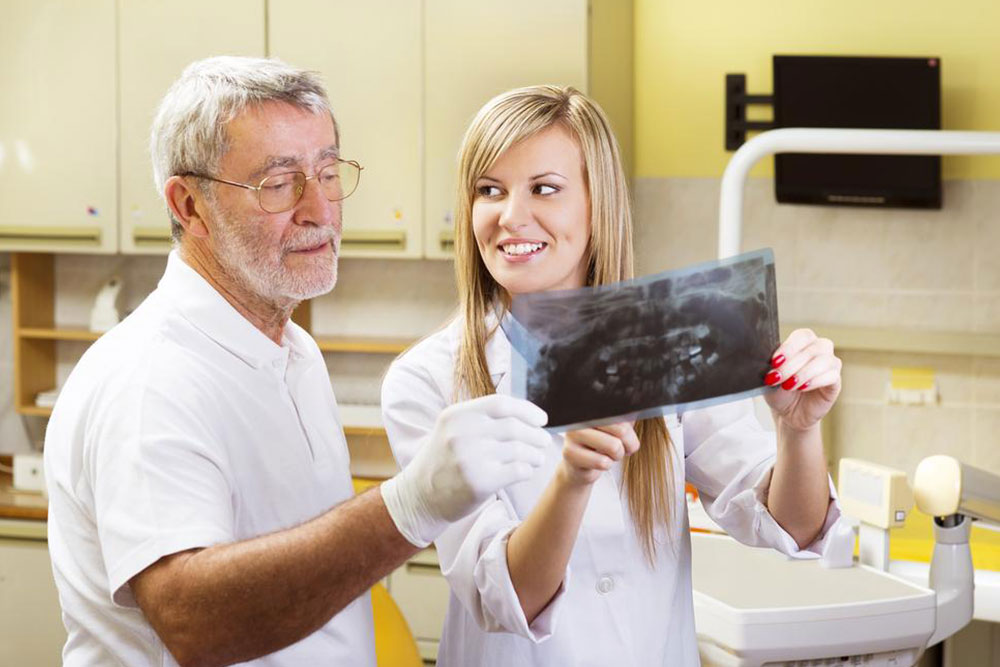Understanding the Path to Becoming a Physician Assistant in France: A Comprehensive Guide
This comprehensive guide explores the emerging role of Physician Assistants in France, detailing educational pathways, job prospects, and how the profession is developing within the French healthcare system. Aspiring healthcare workers can learn about current opportunities and future growth in this promising field.

Understanding the Path to Becoming a Physician Assistant in France: A Comprehensive Guide
France boasts a world-renowned healthcare system, recognized for its high standards and innovative approaches to medical care. As demographic shifts, aging populations, and increasing healthcare demands challenge the system, France is actively exploring new healthcare roles to improve access, efficiency, and quality. One such emerging role is that of the Physician Assistant (PA). Although well-established in countries like the United States, the concept of Physician Assistants in France is still in development. This comprehensive guide provides an in-depth look at how aspiring healthcare professionals can pursue a Physician Assistant degree in France, the educational pathways available, job prospects, and the evolving landscape of this vital role in French healthcare.
What is a Physician Assistant (PA)?
A Physician Assistant is a licensed healthcare professional trained to perform a wide array of medical tasks, including diagnosing illnesses, developing treatment plans, prescribing medications, assisting in surgeries, and providing vital patient education. PAs work under the supervision of licensed physicians but often possess a considerable degree of autonomy, especially in settings with physician shortages or high patient volumes.
In France, the role of Physician Assistant is gradually gaining recognition, although the profession is not yet fully formalized under the country's healthcare regulations. The integration of PAs aims to enhance healthcare delivery, especially in primary care and specialized medical fields, helping France address growing healthcare demands and improve patient outcomes.
Roles and Responsibilities of PAs in France
While the formal structure of PAs in France is still evolving, many tasks performed by similar roles offer a glimpse into their potential responsibilities:
Diagnosis and Treatment Assistance: PAs could assist physicians with physical examinations, ordering and interpreting laboratory tests, and managing patient treatment plans across diverse medical specialties.
Medication Prescription: Under legal supervision and within regulatory limits, PAs may have the authority to prescribe medications, thereby streamlining patient care processes.
Surgical and Procedural Support: Supporting surgeons during operations, performing minor procedures, suturing wounds, and aiding in recovery procedures are anticipated responsibilities.
Patient Education and Counseling: Providing guidance on health conditions, medication management, and preventive care plays a crucial role in enhancing patient engagement and compliance.
Medical Documentation: Accurate and comprehensive record-keeping is essential for continuity of care, legal accountability, and healthcare management.
Educational Pathways to Become a Physician Assistant in France
Currently, France does not have a standardized, dedicated educational program explicitly labeled as "Physician Assistant" training. Most aspiring professionals follow existing healthcare education pipelines that align closely with roles like medical assistants or nurses, or pursue postgraduate medical education. These pathways include:
1. Medical Assistant or Nursing Training
Duration: Typically 2-3 years
Educational Focus: Courses encompass medical sciences, pharmacology, clinical procedures, and patient care fundamentals. While not officially recognized as "Physician Assistant" programs, they provide fundamental skills relevant to the role.
2. Postgraduate Medical Training
Duration: Ranges from 5-7 years, including medical school and specialization tracks.
Details: These are intensive programs designed for those seeking to become licensed physicians or specialists, offering advanced clinical training but less tailored specifically for PAs.
Leading French universities providing advanced healthcare training include:
Université Paris Descartes
Université de Lyon
Université de Strasbourg
Given the lack of dedicated PA programs in France, many students pursue international pathways, such as the PA programs available in the United States or the UK, to gain recognized qualifications and global experience.
Salary Expectations and Job Opportunities in France
As the role of Physician Assistant continues to develop in France, salary ranges and job prospects are evolving. Currently, salary levels depend heavily on experience, geographic location, clinical field, and level of responsibility:
Entry-Level Salaries: Ranging from €25,000 to €35,000 annually
Experienced PAs: €40,000 to €55,000 per year
Specialized Roles: Potential earning €60,000 or more annually
The demand for healthcare workers remains robust, especially in rural and underserved regions where medical staffing shortages are common. As awareness and recognition of the PA profession increase, opportunities in family medicine, emergency care, surgical support, and specialized clinics are expected to expand.
Growth prospects are promising, driven by reforms aimed at optimizing healthcare workforce distribution and addressing physician shortages across the country.
Comparing France's PA System with Other Countries
The role of physician assistants varies significantly internationally. The key differences include:
Educational Levels: US PAs typically hold a master's degree (2-3 years post-bachelor), focusing on a broad clinical education. In France, equivalent roles often involve postgraduate medical education lasting 5-7 years, emphasizing medical training for future physicians or specialists.
Certification and Licensing: PAs in the US undergo national certification exams and licensing processes. In France, formal certification for PAs remains under discussion, with responsibilities gradually expanding.
Scope of Practice: US PAs possess broad authority, including prescribing medications and performing certain surgical procedures. French PAs currently have limited prescribing rights, with responsibilities still under development.
Salary Disparities: US PAs generally earn significantly higher wages—often between $95,000 and $120,000—compared to French PAs earning €25,000 to €60,000.
Despite the differences, both systems aim to optimize healthcare delivery and address workforce shortages. France's emerging PA role holds potential for growth, especially as healthcare reforms focus on innovative solutions for efficient patient care.
In conclusion, pursuing a career as a Physician Assistant in France offers a promising pathway in healthcare, with evolving educational options and increasing employment opportunities. While local training programs are still under development, international programs provide valuable alternatives for aspiring professionals eager to make a difference in French healthcare.




